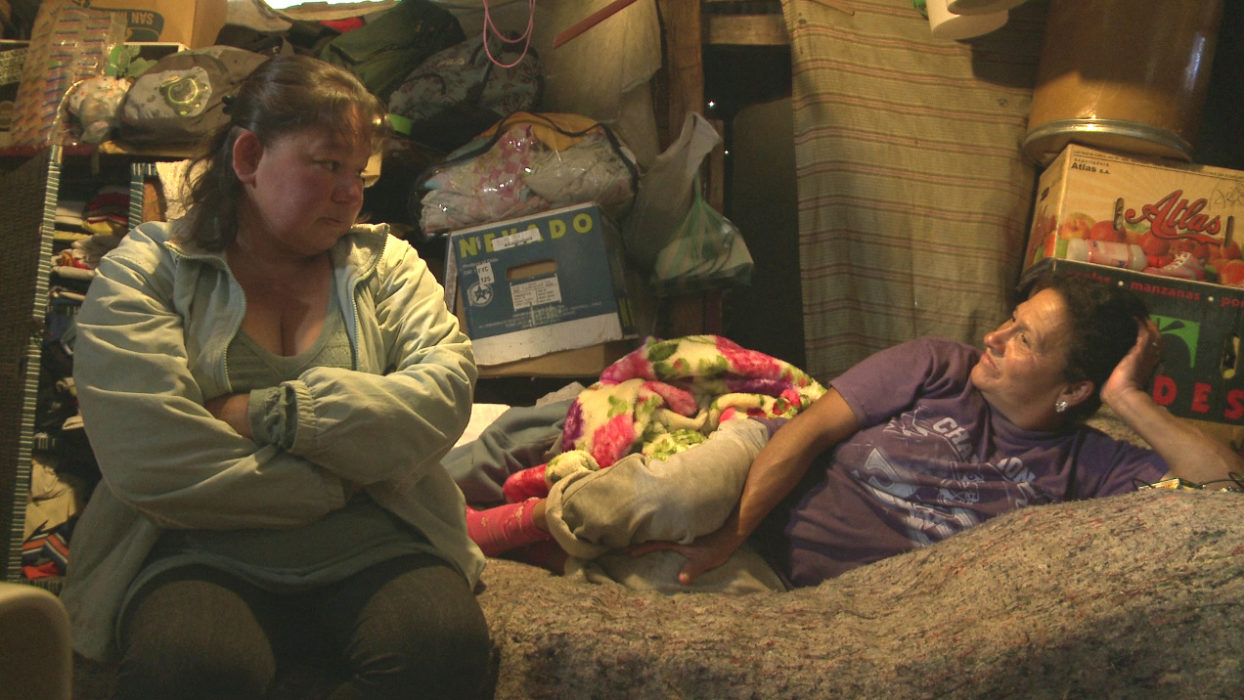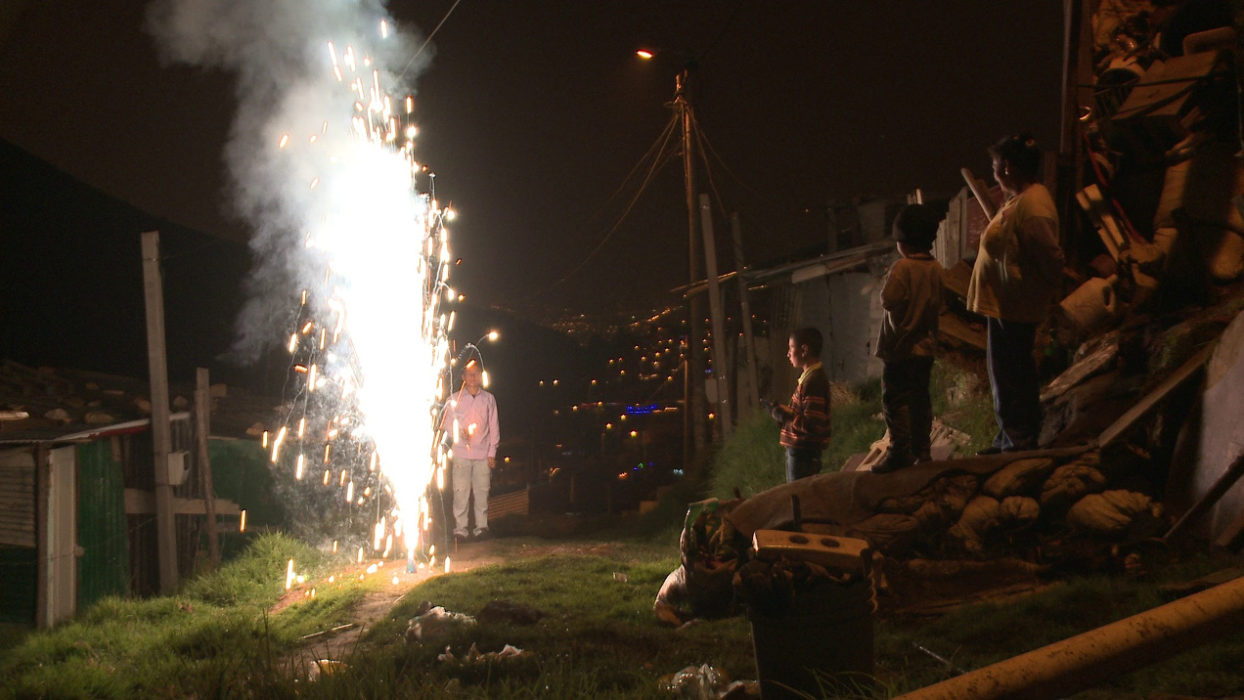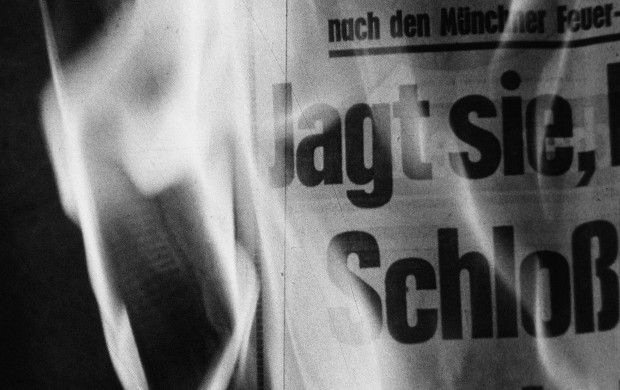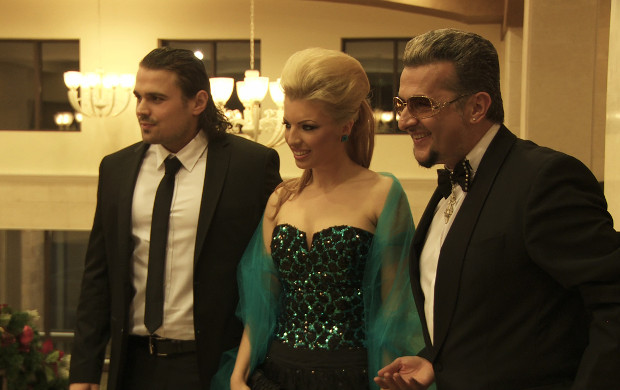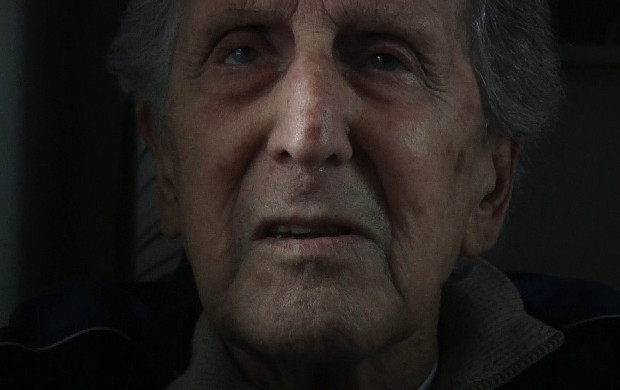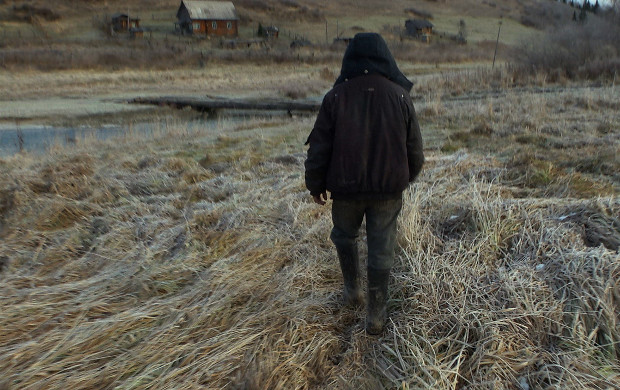Noche herida
Wounded Night
Nuit blessée
- 2015
- Belgium; Colombia
- 86 minutes
- Spanish
SPECIAL MENTION SCAM INTERNATIONAL AWARD
“Spirit of peace and war, spirit of sea and land, may everything absent or lost be given back or appear to me…” This murmured prayer opens the third part of Nicolás Rincón Gille’s trilogy, Campo hablado, about a Colombian oral tradition traversed by violence. Blanca, who fled her village with her family on account of the ill-treatment by the paramilitary, looks after three of her grandsons in a shack on the outskirts of Bogota. In the Catholic tradition of “holy souls”, she prays for her dead so that they will help the living in return. What interests the filmmaker is not this belief per se but rather the symbolic armour it secures for the “displaced” woman, who now
occupies all the roles—with her daughter’s death, she has become the hyper-mother. Always astutely positioned in passageways, the often fixed and low-level camera highlights Blanca’s everyday life without pity or hieratism. Rightly fearing that her grandsons will share the fate of most youngsters (delinquency or recruitment into a violent gang), Blanca intervenes in their every activity. When she listens to Camilo reading an essay in which he recounts the violence his family has suffered, we wonder whether or not she had a hand in its writing. What does the child remember? What still vivid images cause Blanca to misinterpret the noise of firecrackers at an evening
festival? What “wounded night” does this imaginary siege recall for her? (Charlotte Garson)
- Editing : Cédric Zoenen
- Sound : Vincent Nouaille
- Photography : Nicolás Rincón Gille
- Production : voa films / RTBF / Medio de Contencion producciones / CBA - Centre de l’Audiovisuel à Bruxelles
- Print source : CBA - Centre de l’Audiovisuel à Bruxelles
